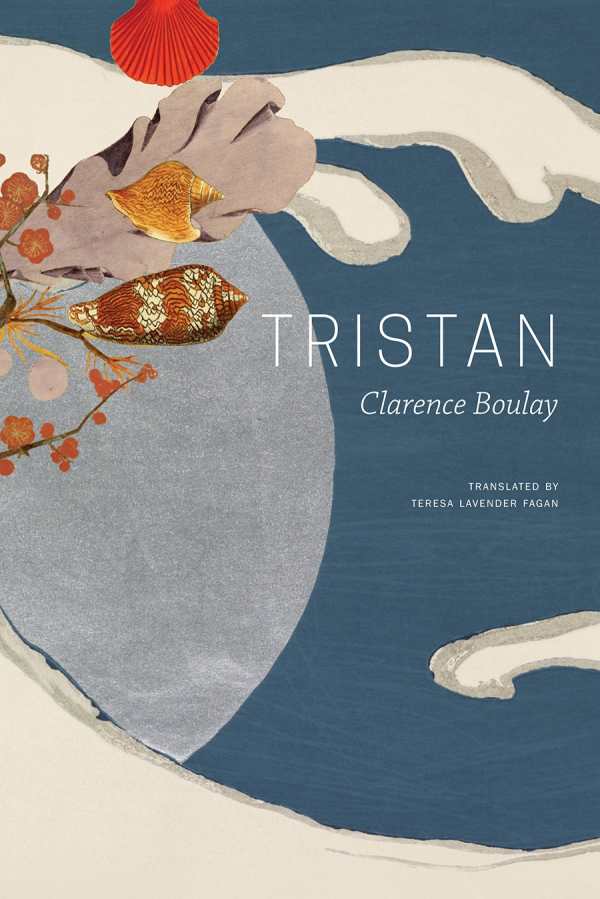Tristan
In Clarence Boulay’s delicate, mesmeric novel Tristan, a woman’s ardor on a volcanic island tests her emotional thresholds.
From its seafaring opening aboard a lobster boat bound for rugged Tristan, a remote South Atlantic outpost, this slender novel is part mysterious dreamscape, part sensorial feast. Its narrator, whose identity is revealed in a gradual way, is Ida, an observant French illustrator whose private nature belies her eagerness for adventure. Not long after arriving in Tristan, she’s involved in treating penguins after an oil spill on neighboring Bird Island. She embarks on a weeks-long affair with one of the married rescuers, Saul.
This information is stitched in with Ida’s epistolary missives to another lover. Those communications dissipate as she becomes enmeshed in Tristan’s life. Images of animals, both endangered and dangerous, and encounters with friendly, sequestered, and all-seeing villagers play in to this unusual portrait of forbidden love.
Ida and Saul’s intense relationship is foregrounded by the visceral work of handling both an environmental cleanup and the tasks of survival. They deal with dwindling rations and uncertainty about returning home amid shifting weather conditions. The result is a pressurized romance haunted by its inevitable impermanence.
Meticulous descriptions make the affair’s course a vibrant one. It moves from the couple’s instinctive initial delight toward Ida’s increasing desolation in its aftermath. Her realization that “it does no good to run, when one brings oneself along” is aching in its accuracy. Ida’s inner burden of secrecy unfolds among brooding, atmospheric scenery, and is resolved in an understated meeting in which the weight of what’s unspoken leaves a searing impression.
Via a catalog of island experiences and feminine desires, the rich novel Tristan navigates a traveler’s painful awakening.
Reviewed by
Karen Rigby
Disclosure: This article is not an endorsement, but a review. The publisher of this book provided free copies of the book to have their book reviewed by a professional reviewer. No fee was paid by the publisher for this review. Foreword Reviews only recommends books that we love. Foreword Magazine, Inc. is disclosing this in accordance with the Federal Trade Commission’s 16 CFR, Part 255.

